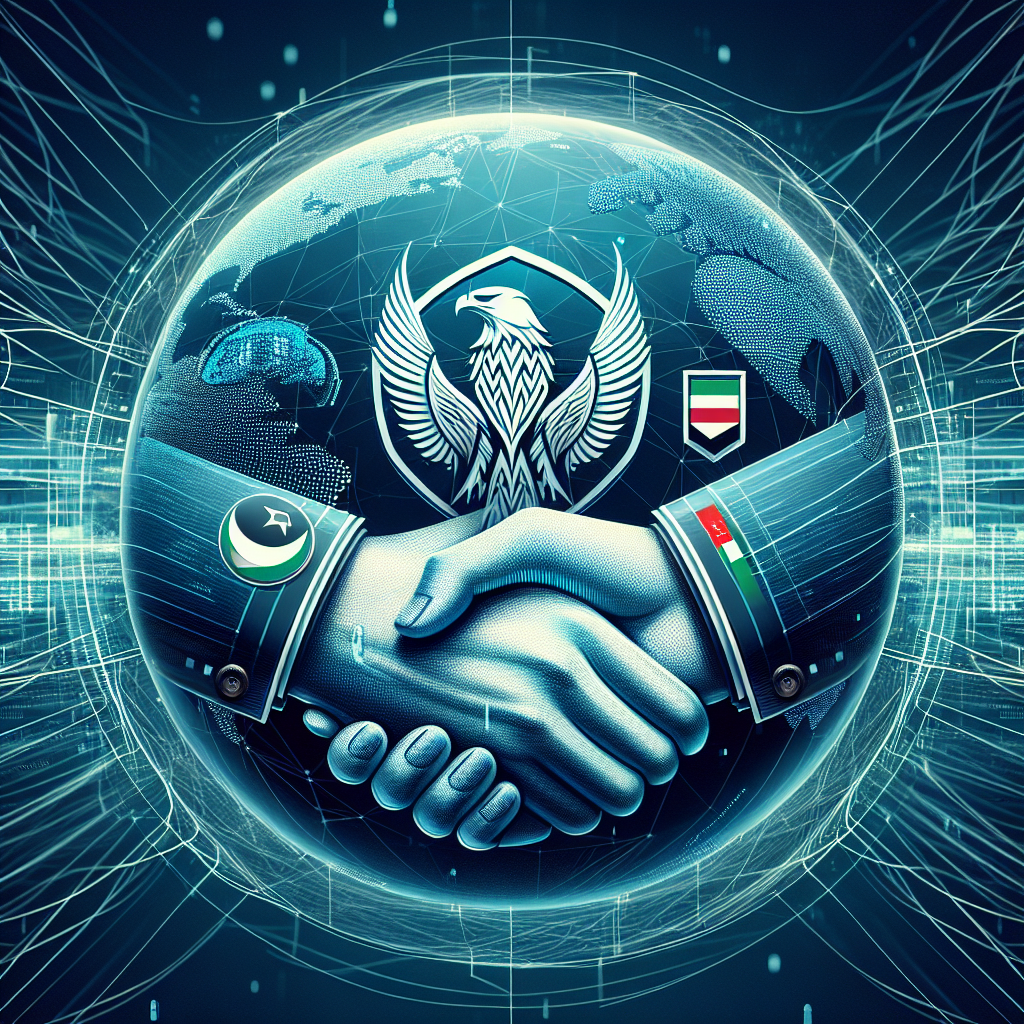In a significant development in the tech and financial sector, UAE-based Group 42, often abbreviated as G42, has completed its acquisition of the Israeli cybersecurity firm, the NSO Group. This strategic move could potentially transform the landscape of the cybersecurity industry, not only within the Gulf Cooperation Council (GCC) countries but globally.
The NSO Group, primarily recognized for its Pegasus spyware, has repeatedly made headlines around the world owing to controversies surrounding its use. The software, which can infiltrate mobile phones to gather intelligence, has been employed by various governmental bodies for surveillance purposes. This has raised significant privacy and human rights concerns, particularly with accusations that it has been misused to spy on political opponents, activists, and journalists.
The transaction, detailed on the ‘CTech’ website under the title “UAE’s G42 acquires Israel’s NSO Group in major cybersecurity move”, includes comprehensive plans not only for the integration of NSO’s technology and expertise into G42’s operations but also for addressing the myriad ethical considerations that hover over the use of such invasive technology.
G42, an Abu Dhabi-based artificial intelligence and cloud computing company, may plan to leverage NSO’s technology to broaden its security portfolio, especially across domains that require high-level security measures such as in national defense and intelligence operations. However, G42 is navigating through a complex terrain of international laws and ethical scrutiny. According to the integration strategy mentioned, NSO Group’s infrastructure and technology will undergo robust compliance frameworks to ensure its new applications align more diligently with global standards and human rights protections.
This acquisition is sharply significant, considering the prior relationship between Israel and UAE, which formally normalized just a few years ago with the Abraham Accords. Such a culmination into business and technological integrations points towards a rapid and deepened cooperation, possibly indicative of forming new geopolitical alignments in the region.
Geopolitical experts opine that while this acquisition imparts substantial technological capabilities to a GCC-country-operated company, it also poses substantive questions about power dynamics in cybersecurity control and surveillance at an international level. The handling of NSO’s capabilities could set precedents on the governance of cybersecurity and surveillance technologies globally.
The effectiveness of G42’s governance frameworks in ensuring ethical compliance while actualizing the potential of NSO’s technology could become a case study in reconciling advanced surveillance capabilities with rigid ethical mandates. The global tech industry, especially sectors linked closely with data security and human rights, is watching closely, as they will likely feel the broader implications of this merger.
As this new chapter for NSO Group under the stewardship of G42 unfolds, stakeholders from cybersecurity arenas, regulatory bodies, and civil society are keenly observing how these moves will impact the delicate balance between security and privacy in our increasingly digitized world.



